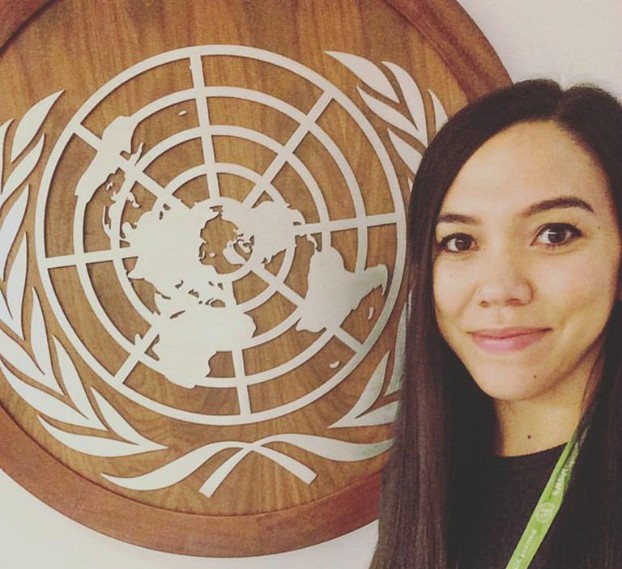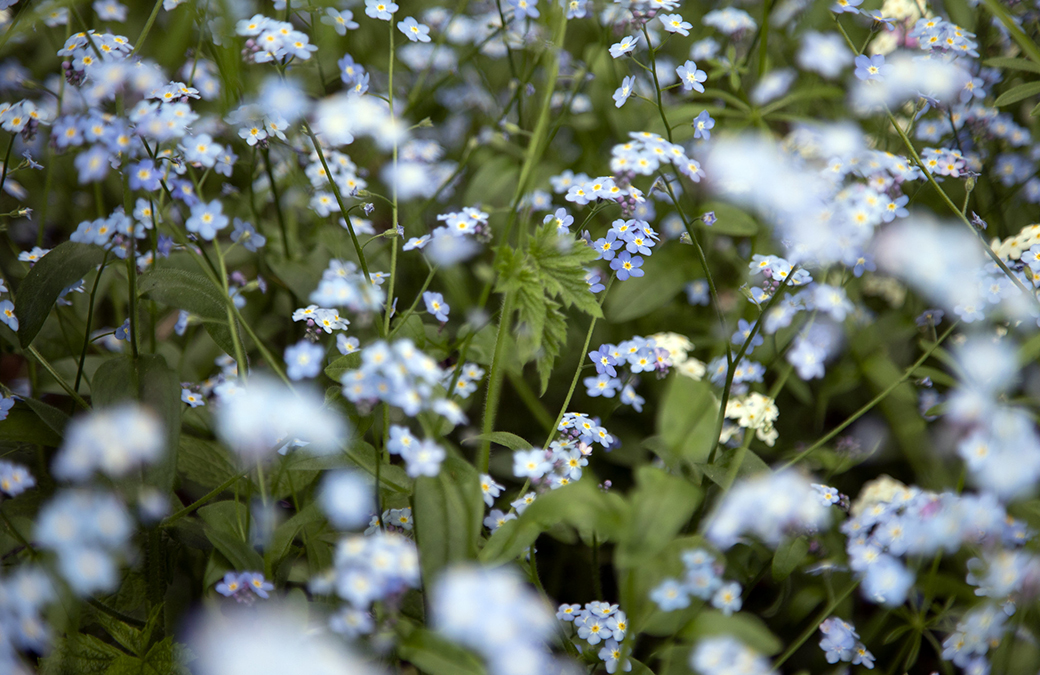Amanda Vick is using her voice
Amanda Vick initially found it difficult as an Indigenous student at Capilano University.

Amanda Vick initially found it difficult as an Indigenous student at Capilano University.
"I struggled with my identity as an Indigenous woman," she says.
Fast forward six years, and Vick is raising awareness about Indigenous culture and issues at the provincial level and, this past spring, at the UN.
Vick found her voice through anthropology and sociology. She felt empowered to apply her experience of growing up in Vancouver and her matrilineal Gitxsan community in Hazelton to her analyses.
Vick applied for a paid, year-long Aboriginal Youth Internship program with the provincial government. She was selected as one of 25 interns from a pool of hundreds of applicants.
The interns work for a ministry for nine months and for an Aboriginal organization for three.
While working for the B.C. Public Service Agency, Vick recognized gaps in knowledge of Indigenous cultural practices and intergenerational trauma, so she initiated and developed curriculum for a full-day aboriginal awareness workshop.
"Whenever I wanted to run with something like that, they just gave me the full go-ahead, a lot of freedom and a lot of resources to do that development," the 26-year-old says. "It was a really amazing experience."
She's now working for the B.C. Association of Aboriginal Friendship Centres in Victoria.
In the midst of her internship, Vick applied to participate in the UN Permanent Forum on Indigenous Issues in New York and was selected to represent North America. Vick believes her ties to the House of Whips Delgamuukw of the Gitxsan Nation, which, in 1997, won the largest land claim from the Supreme Court of Canada – an effort largely led by women who won using oral history – boosted her application.
Vick addressed the recommendations of last year's forum, which focused on Indigenous women and youth. She addressed the violence that Indigenous women and girls face in North America, called on member states to meet their treaty obligations and pressed the Permanent Forum to make environmental violence and its effects on maternal health an agenda item. She also requested that a permanent seat be provided for a youth member.
Back in Victoria, Vick is working to return to the B.C. Public Service Agency as a learning consultant.
"I share knowledge," she says. "I really believe that that's what I've been put here to do."
June 21 is National Aboriginal Day and the Association of Friendship Centres gives its employees the day off to celebrate.
So what will she be thinking about on that day?
"Resilience," Vick says.
Submitted by: Cheryl Rossi, Communications & Marketing
